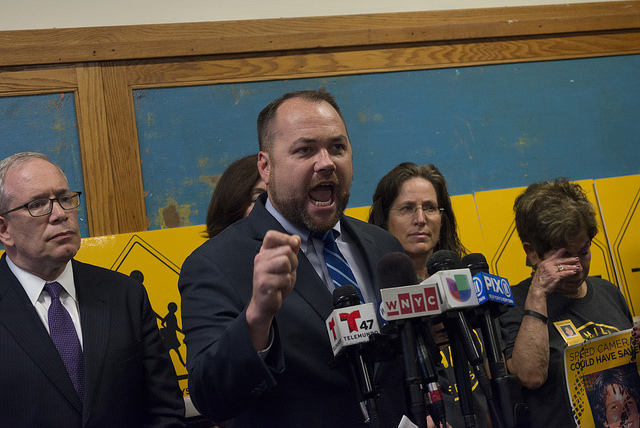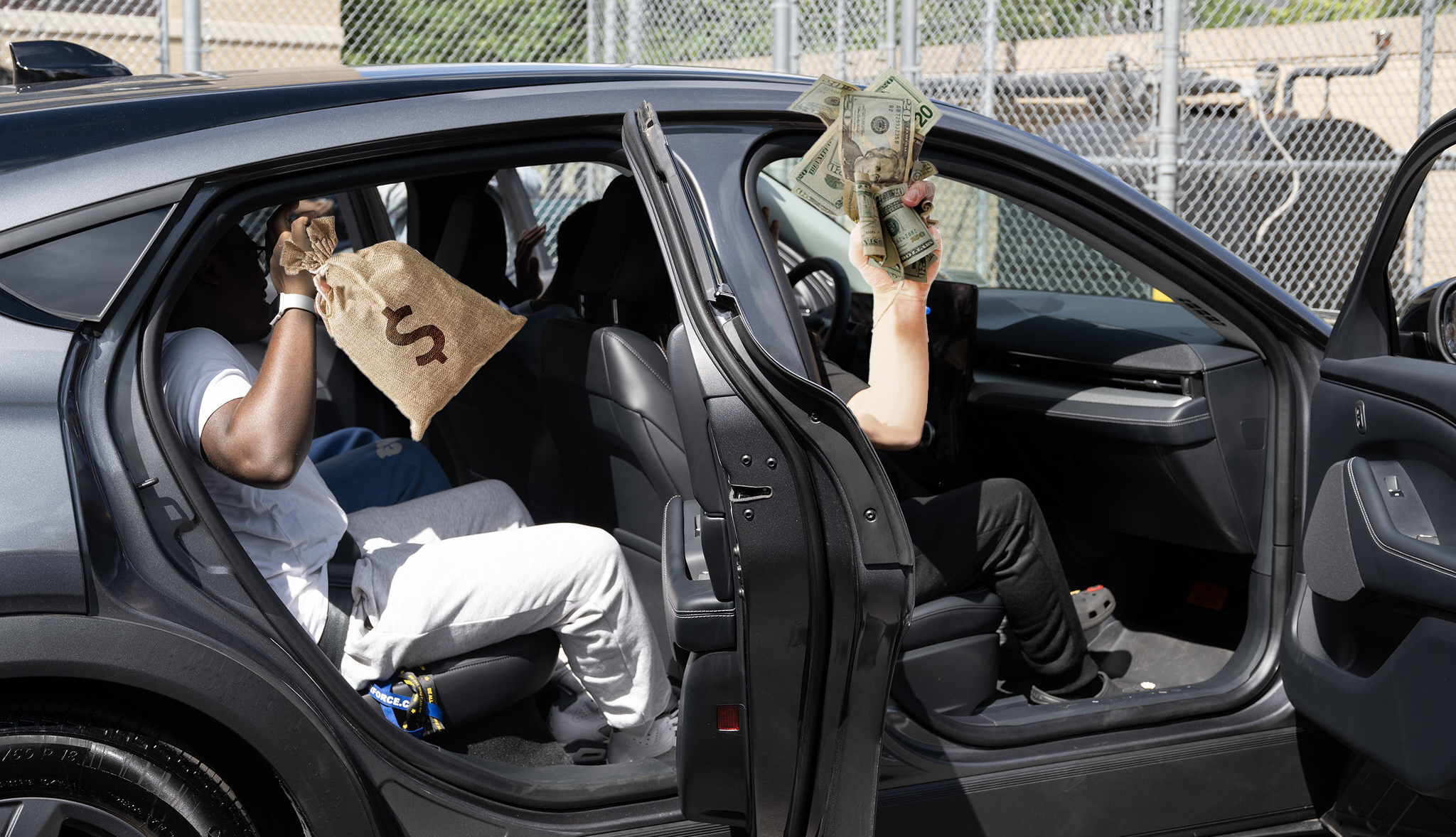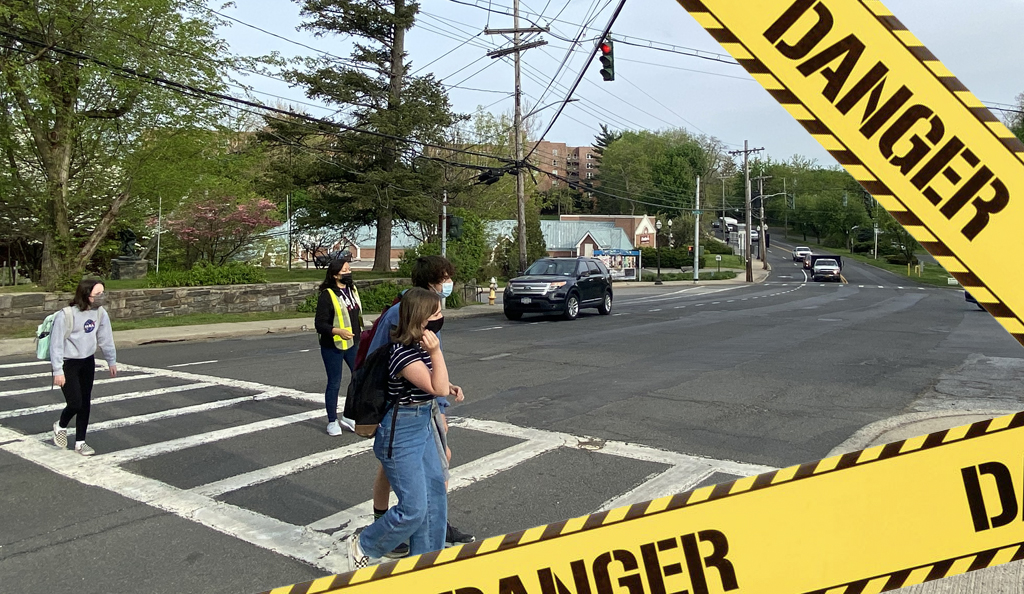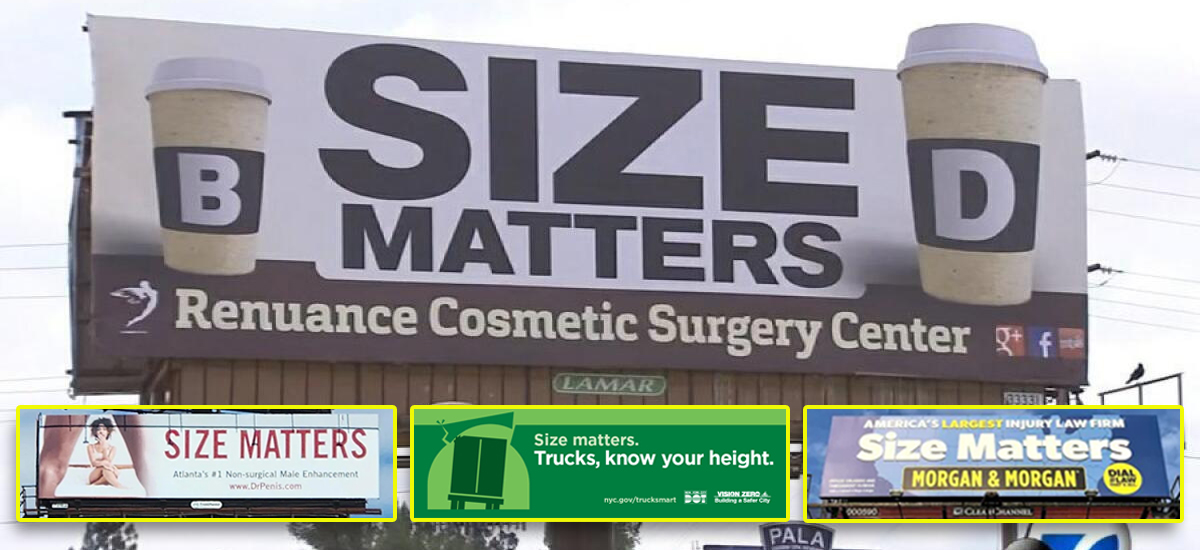The City Council is about to create its own speed camera program. Whether it's constitutional is another question.
The legal case for Council Speaker Corey Johnson's legislation hinges in part on a 30-day executive order signed by Governor Cuomo. The order declared a "state disaster emergency" in order to suspend requirements that cameras go offline upon the expiration of the laws that authorized them in 2013 and 2014 [PDF].
By superseding existing state legislation, however, the order could be unconstitutional. The executive may not simply be able to wish away laws already enacted by — or allowed to sunset by — the legislature.
The bill's co-sponsor, Council Member Brad Lander, tweeted that Cuomo's executive order was "just bluster" that should have stuck only to the narrow issue of giving the city access to state DMV records so that the city could issue speeding tickets to the scofflaws caught on camera. That "bluster" could spell the program's demise, according to Republican Senator Marty Golden.
"There will be a ticket issued, and someone will sue saying [the city speed camera program] is illegal," he told the Brooklyn Reporter. "The state will lose, there will be confusion, and that will cause distraction to the fact our children will still not have the protection of speed cameras."
Council members, however, argue that the legislature's decision to allow the state-approved speed camera program gives the city the right to enact its own system.
"I am confident in our authority here. We have strong home rule authority on this issue, and I can think of no better way to use it," Johnson said at a City Hall hearing this afternoon.
State law prohibits either the city or state from enacting laws that have been "pre-empted" by the other via passed legislation or a stated intention to pass legislation. Council members and DOT officials declined to go into detail, but the crux of the Council's argument appears to be that the legislature's failure to renew the camera program allows the city to take action on its own — even though the end of the program was written into the bill that created it in the first place.
"The legislature made themselves irrelevant," said attorney Steve Vaccaro, who has advised Johnson on the matter. "They removed themselves from the equation, and the city is free to act."
The language in the legislation takes extra precaution to head off any pre-emption-based legal challenges. Chiefly, the bill would only be in effect until the state passes its own legislation, so clearly the city is not trying to pre-empt the state. In line with that approach, Johnson downplayed the bill's magnitude, telling DOT officials that "nothing really fills the void of the state coming up with a fully robust, expanded speed camera program."
For years, attorneys at the state and city level have insisted that speed cameras require state authorization. But Vaccaro argues that decades-old state law gives the city broad powers to enact and enforce its own traffic regulations.
2/13 New York City clearly has the authority to enact this legislation. Decades ago, the NY State legislature granted broad authority to the City to regulate traffic on City streets, codified in Vehicle & Traffic Law s. 1642. https://t.co/6lGgAiRHuY .
— Vaccaro & White (@BikeNYCLaw) August 28, 2018
Columbia law professor Richard Briffault, a preeminent scholar in matter of city and state legislation, agrees, saying that the way he reads the law, the city may have never needed state authorization after all.
"As a general rule, [the NYC] council can enact local laws effecting health and safety so long as they aren’t pre-empted by state law. At this point, there is no state law," Briffault told Streetsblog. "It’s often unclear what the city’s power is. It may not have been the case that they couldn’t do it, they just were not sure."
"I suppose they’re now testing whether they can do it on their own," he said.
The full City Council will vote on Johnson's legislation Wednesday at 1:30 p.m.






